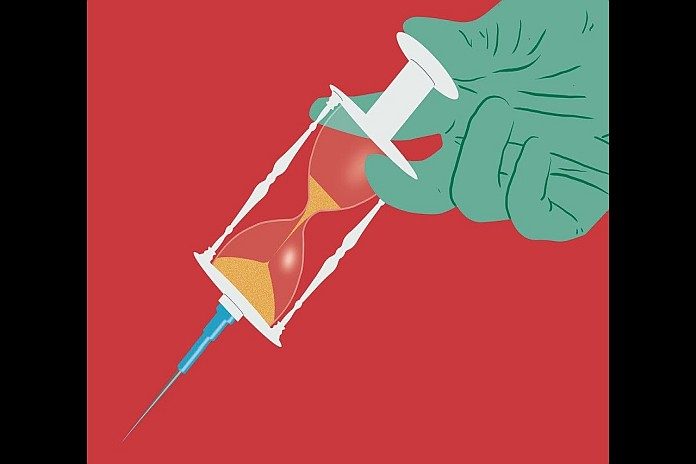By Michael Swan
ONTARIO, Canada, (The Catholic Register) – As most Canadians support fewer restrictions on assisted suicide, disability activists are worried the current system lacks safeguards.
According to Adele Furrie, an information management consultant with 40 years of experience at Statistics Canada, data is not being collected that would help establish whether or not vulnerable people are opting for assisted suicide. She is worried the disabled, the poor and the socially isolated may be at heightened risk for a medically- induced death.
Whether or not vulnerable people are being pressured by a culture, legal system or medical profession to opt for assisted suicide has not been mentioned in four interim reports on Medical Assistance in Dying (MAiD) released by Health Canada.
While Furrie worries that we don’t know enough about medical deaths — particularly who is getting euthanized — most Canadians believe it’s a matter of individual choice. Four out of five Canadians told the Angus Reid Institute the week before Christmas it should be easier for individual Canadians to make their own end-of-life decisions on doctor-induced dying.
With the first annual report on medical deaths due in March, Furrie is waiting to see what level of detail will be available as the government’s monitoring system moves from makeshift to permanent.
“They need information, like the social network that the individuals had, the number of options they were offered other than MAiD,” Furrie said. “I don’t believe they are collecting that. We’ll see.”
Amy Hasbrouck, the director of Toujours Vivant – Not Dead Yet, shares Furrie’s concerns.
“We do not believe that the monitoring system will be able to detect when ineligible people are euthanized, when safeguards are not respected, when people choose euthanasia because of socio-economic pressures,” said Hasbrouck. “And it won’t detect when doctors don’t report what they’re doing.”
In its last interim report, issued in April 2019, Health Canada pegged the rate of medically-induced deaths at 1.12 percent of all deaths in Canada. However, that number was based on statistics that excluded Quebec, the Yukon, Nunavut, and the Northwest Territories. Euthanasia Prevention Coalition executive director Alex Schadenberg believes the rate is closer to 1.5 percent and growing.
While acknowledging gaps in the data, the Fourth Interim Report on Medical Assistance in Dying in Canada claimed there had been 6,749 medically-administered deaths between December 10, 2015, and October 31, 2018. But the report had little to say about who is opting for lethal injections.
Hasbrouck hopes the permanent monitoring system would capture more detailed information. “We sent a very long list of measures for what we thought would improve the data,” Hasbrouck said.
Factors from income to social networks can be measured, said Furrie. Statistics Canada has a long history of collecting precisely that kind of information on social surveys, she said. “I mean, this is — this truly is — life or death. I think you can ask to have that kind of information,” said Furrie.
Quebec’s monitoring system has shown some doctors are reluctant to report their life-terminating activities, Hasbrouck said. Comparing hospital reports to individual doctor filings in Quebec shows that not all procedures were reported and not all euthanized patients were legally eligible for the procedure.
“The federal system has no such check, no such verification process,” she said. “So if a doctor decides he doesn’t want to fill out the form to report the euthanasia then he doesn’t, and there’s no way to check.”
Collecting data won’t reverse the court decisions or the legislation that made euthanasia legal, but it might change how the law is applied, Furrie said.
Health Canada was unable to respond to Catholic Register questions before deadline.





